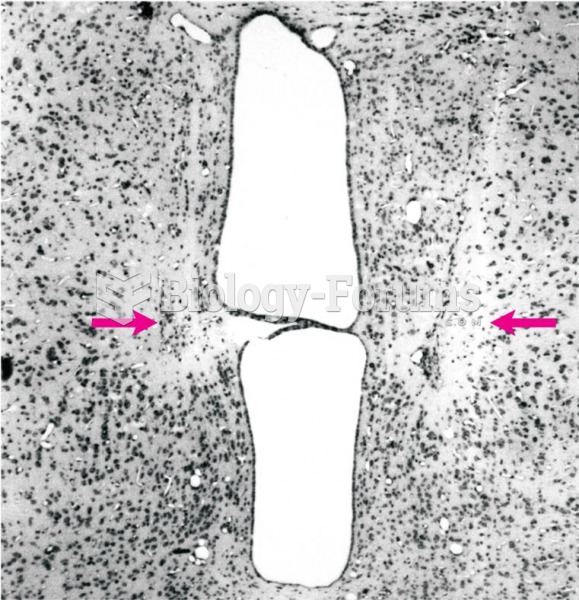|
|
|
Approximately one in four people diagnosed with diabetes will develop foot problems. Of these, about one-third will require lower extremity amputation.
The first-known contraceptive was crocodile dung, used in Egypt in 2000 BC. Condoms were also reportedly used, made of animal bladders or intestines.
Many medications that are used to treat infertility are injected subcutaneously. This is easy to do using the anterior abdomen as the site of injection but avoiding the area directly around the belly button.
Your heart beats over 36 million times a year.
About 80% of major fungal systemic infections are due to Candida albicans. Another form, Candida peritonitis, occurs most often in postoperative patients. A rare disease, Candida meningitis, may follow leukemia, kidney transplant, other immunosuppressed factors, or when suffering from Candida septicemia.
 Hong Kong is a strange situation. A British colony since 1842, it was handed back to China in 1997 a
Hong Kong is a strange situation. A British colony since 1842, it was handed back to China in 1997 a
 A strike by 800 women shoemakers in Lynn, Massachusetts, in 1860. In 1851 a Lynn shoemaker had adapt
A strike by 800 women shoemakers in Lynn, Massachusetts, in 1860. In 1851 a Lynn shoemaker had adapt





